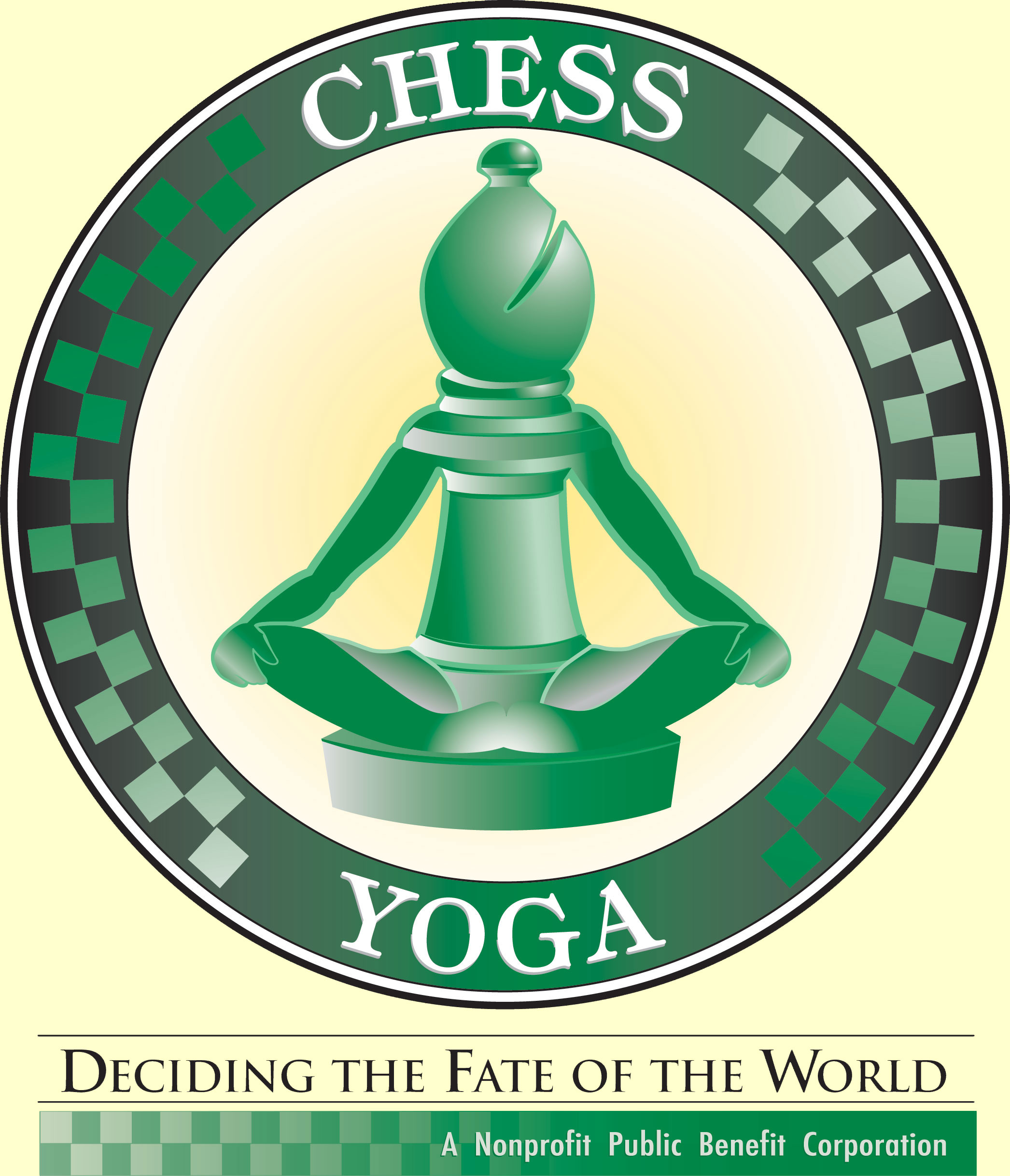
Disclaimer: Hyperlinks displayed below will redirect your browser to web sites
that are not administered by Chess Yoga.
Chess Yoga is not responsible for content contained therein.
|
|
Tournaments |
Yogic Philosophy |
Curricula |
Contribution |
|
|
|
|
(Egyptian) |
|
|
|
(Judaism) |
|
|
|
|
|
|
|
(Christianity) |
|
|
|
|
|
|

|
Disclaimer: Hyperlinks displayed below will redirect your browser to web sites that are not administered by Chess Yoga. Chess Yoga is not responsible for content contained therein. |





